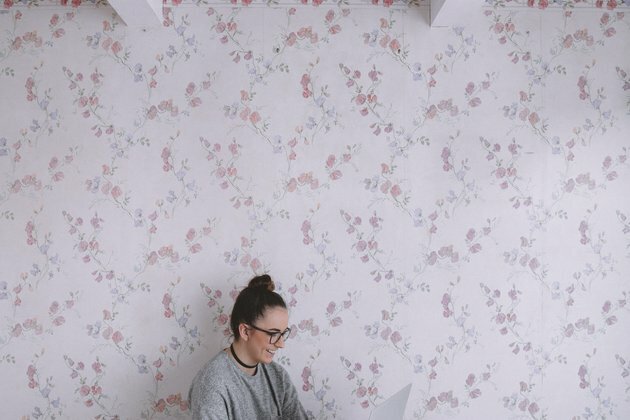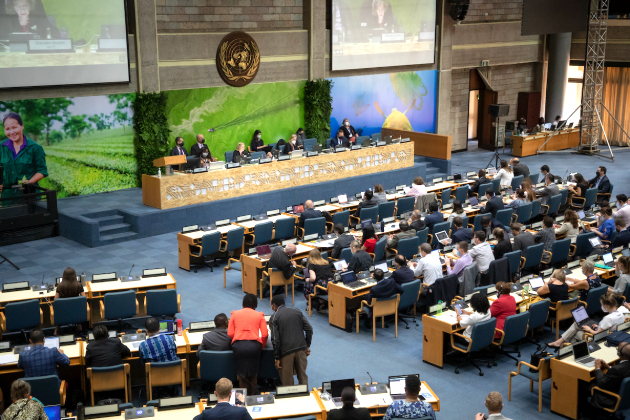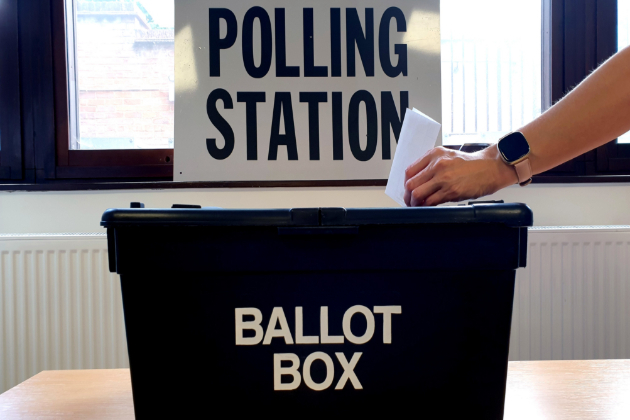Someone in my house has COVID. How likely am I to catch it?
The Conversation
23 Sep 2022, 02:08 GMT+10

Throughout the pandemic, one of the biggest COVID risks has been sharing a house with someone who is infectious.
Given how contagious COVID is, especially more recent variants, you'd imagine if you lived with someone who has COVID it would be inevitable you'd get infected.
But this isn't the case. A recent study suggests you have a 42.7% chance of catching COVID from a housemate who tests positive to Omicron.
That means if someone introduced the Omicron variant to a household of six, you would expect two of the remaining five household members, on average, to become infected.
How is household transmission measured?
We use the "secondary attack rate" to describe the average number of secondary infections among a group of exposed people, once a virus has been introduced into to a particular setting such as a household. It accounts for a number of different factors including:
- how infectious the virus is
- how high the viral load of the infectious person is, and how efficiently they shed the virus
- the susceptibility of others present
- the characteristics of the setting such as crowding and ventilation.
The secondary attack rate is an average, and transmission varies considerably between households. So some households see all members infected, while others have little or no transmission.
From early in the pandemic we've also seen "superspreading", where a small number of people are responsible for a large proportion of new COVID cases.
Conversely, a large proportion of people infected don't spread it at all.
Read more: How to prevent COVID-19 'superspreader' events indoors this winter
How has household transmission changed through the pandemic?
A meta-analysis (where the results of earlier studies are pooled together) published in April combined the results from 135 studies and 1.3 million people across 136 countries published in the Journal of the American Medical Association (JAMA).
It estimates the household secondary attack rate for the original virus was 18.9%. So your risk of being infected with COVID if you shared a house with one or more infected people was approximately one in five.
The increase in infectiousness of new variants that emerged from late 2020 translated to an increase in household transmission. The Alpha variant had a a household secondary attack rate of 36.4%. This decreased to 29.7% for the Delta variant, before increasing again to 42.7% for Omicron.
However, even studies as large and comprehensive as this are limited in their ability to make direct comparisons of all the factors that may impact secondary attack rates, such as the household environment, the behaviour of household contacts and the use of masks to name a few. And this study did not include the newer Omicron variants.
Why has has the household secondary attack rate varied?
The secondary attack rate for the Delta variant declined compared to the Alpha variant, despite its increased infectiousness. This is likely explained by rising immunity in the population - both due to vaccination and prior infection.
While vaccines were not as effective against Delta as previous variants, and the protection waned over time, they still reduced the risk of household transmission.
Read more: No, vaccinated people are not 'just as infectious' as unvaccinated people if they get COVID
Despite a significant increase in the infectiousness of the Omicron variants and their immune-escape properties, the risk of being infected in a household was still only estimated to be 42.7%. Increased immunity in the population is likely the reason it isn't higher.
Vaccination reduces transmission
The reduction in the household secondary attack rate was greater when households had received their booster vaccination.
The takeaway is that sharing a household with an infectious person doesn't mean you will inevitably become infected, but being fully vaccinated helps reduce the spread of Omicron among household contacts.
Authors: Hassan Vally - Associate Professor, Epidemiology, Deakin University | Catherine Bennett - Chair in Epidemiology, Deakin University 
 Share
Share
 Tweet
Tweet
 Share
Share
 Flip
Flip
 Email
Email
Watch latest videos
Subscribe and Follow
Get a daily dose of Massachusetts Sun news through our daily email, its complimentary and keeps you fully up to date with world and business news as well.
News RELEASES
Publish news of your business, community or sports group, personnel appointments, major event and more by submitting a news release to Massachusetts Sun.
More InformationInternational
SectionUS halts $4 million climate grant to Princeton over policy clash
WASHINGTON, D.C.: The U.S. Commerce Department during the week ended about US$4 million in funding to Princeton University for assessing...
Hong Kong social worker jailed after protest retrial
HONG KONG: A Hong Kong social worker has been handed a prison sentence of nearly four years after a retrial linked to the 2019 pro-democracy...
US pulls out of shipping decarbonisation talks in London
LONDON, UK: The United States has pulled out of international talks in London about reducing pollution from ships. These talks are...
US warns of Chinese spy tactics targeting officials
WASHINGTON, D.C.: The U.S. government warned this week that Chinese spies are using trickery to try to hire current and former U.S....
New Mexico opens primaries to nonpartisan voters
SANTA Fe, New Mexico: More and more voters in New Mexico don't belong to any political party. Until now, they couldn't vote in primary...
Trump administration weighs summer military parade in D.C.
WASHINGTON, D.C.: The Trump administration is in early talks about holding a large military parade in Washington, D.C., this summer—a...
Business
SectionAurora's driverless trucks to tackle tough weather post Texas launch
PITTSBURGH, Pennsylvania: Aurora Innovation says its driverless trucks will eventually be equipped to handle tough weather conditions,...
US Treasury to ease regulatory burden on small banks
WASHINGTON, D.C.: The U.S. Treasury will step more firmly into bank regulation to ensure better balance and less burdensome oversight,...
White House Plans New Push to Boost US coal amid AI energy surge
WASHINGTON, D.C.: The White House is preparing a new directive aimed at reviving domestic coal production as energy demands surge from...
Universal plans major theme park north of London
LONDON, UK: Universal is setting its sights on Britain as the next destination for its global theme park expansion, marking a major...
Tesla enters Saudi market amid EV push and lingering tensions
RIYADH/DUBAI: Tesla entered the Saudi Arabian market this week, taking on a country with ambitious electric vehicle goals but limited...
Wall Street volatile as Trump leads world on path to GFC II
NEW YORK, New York - U.S, and global financial markets were in crisis Friday as China increased its tariffs on the U.S. to 125 percent,...












